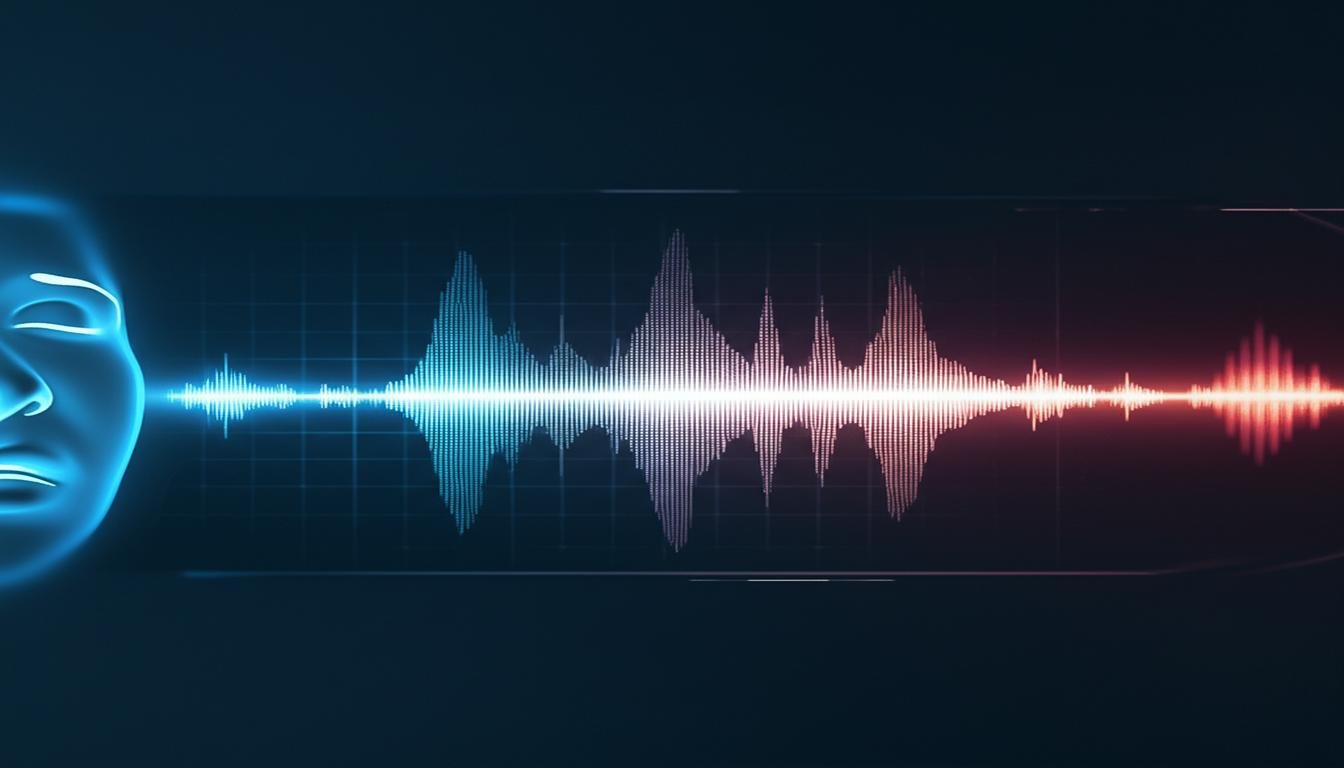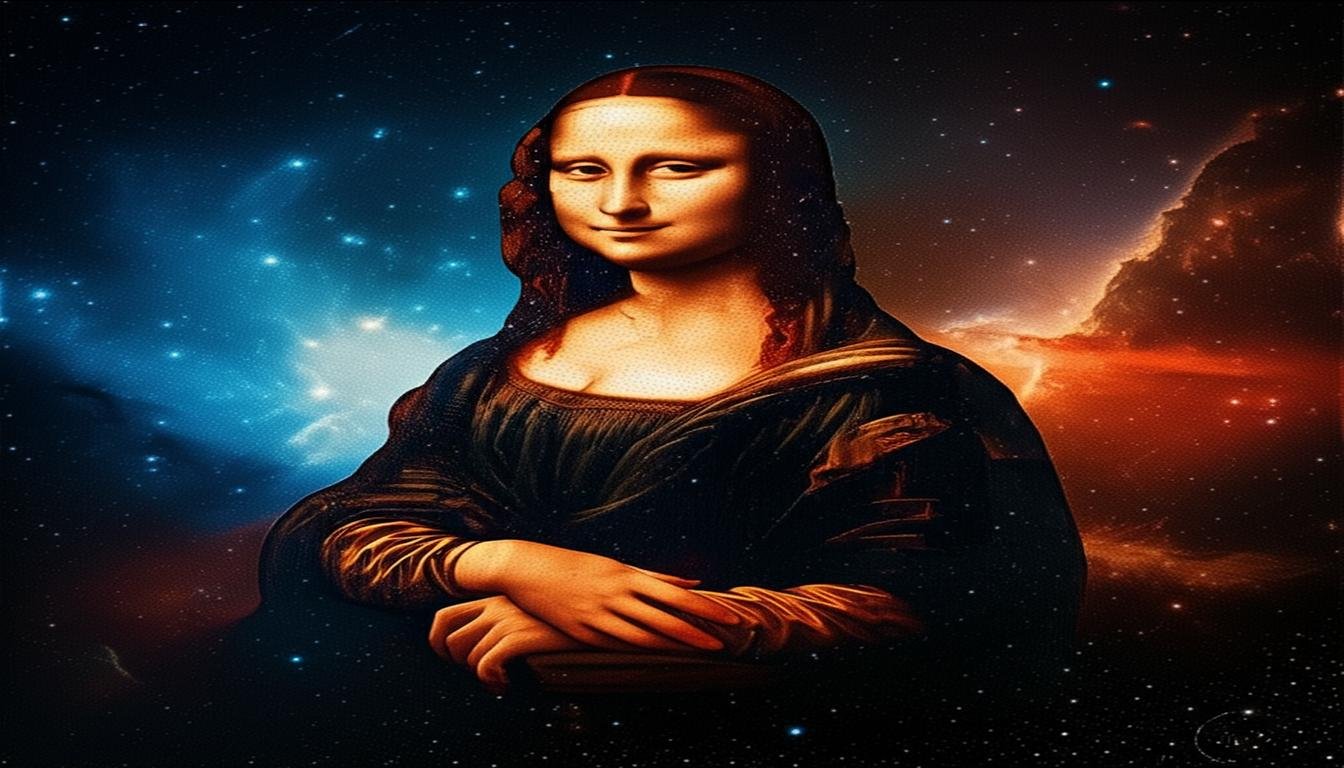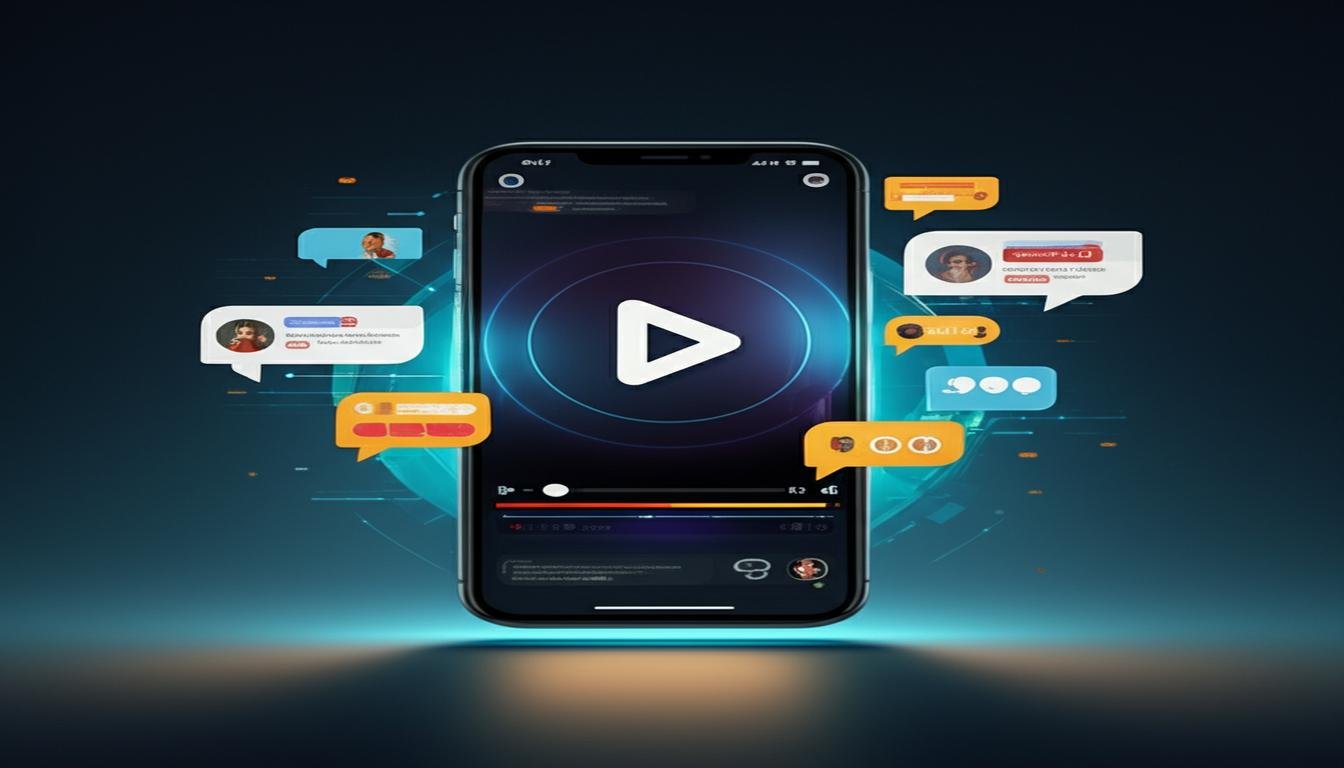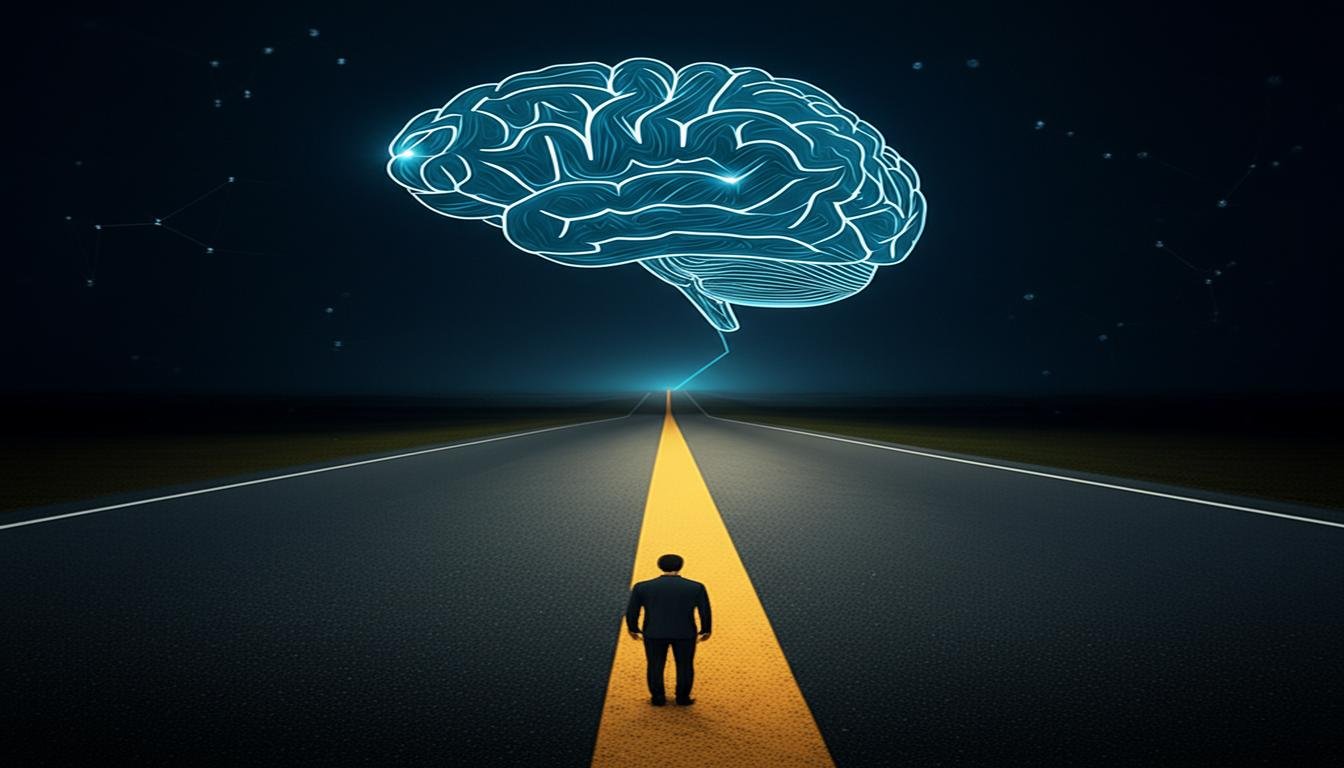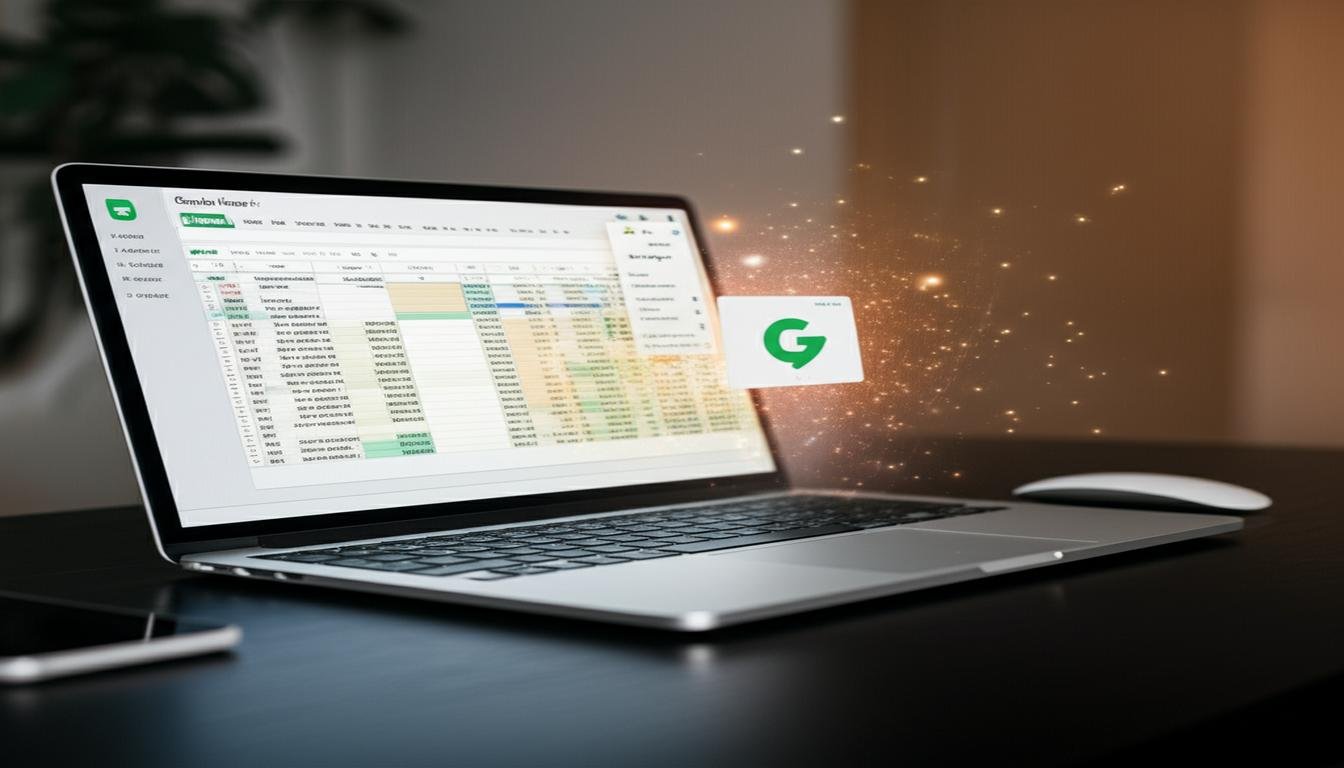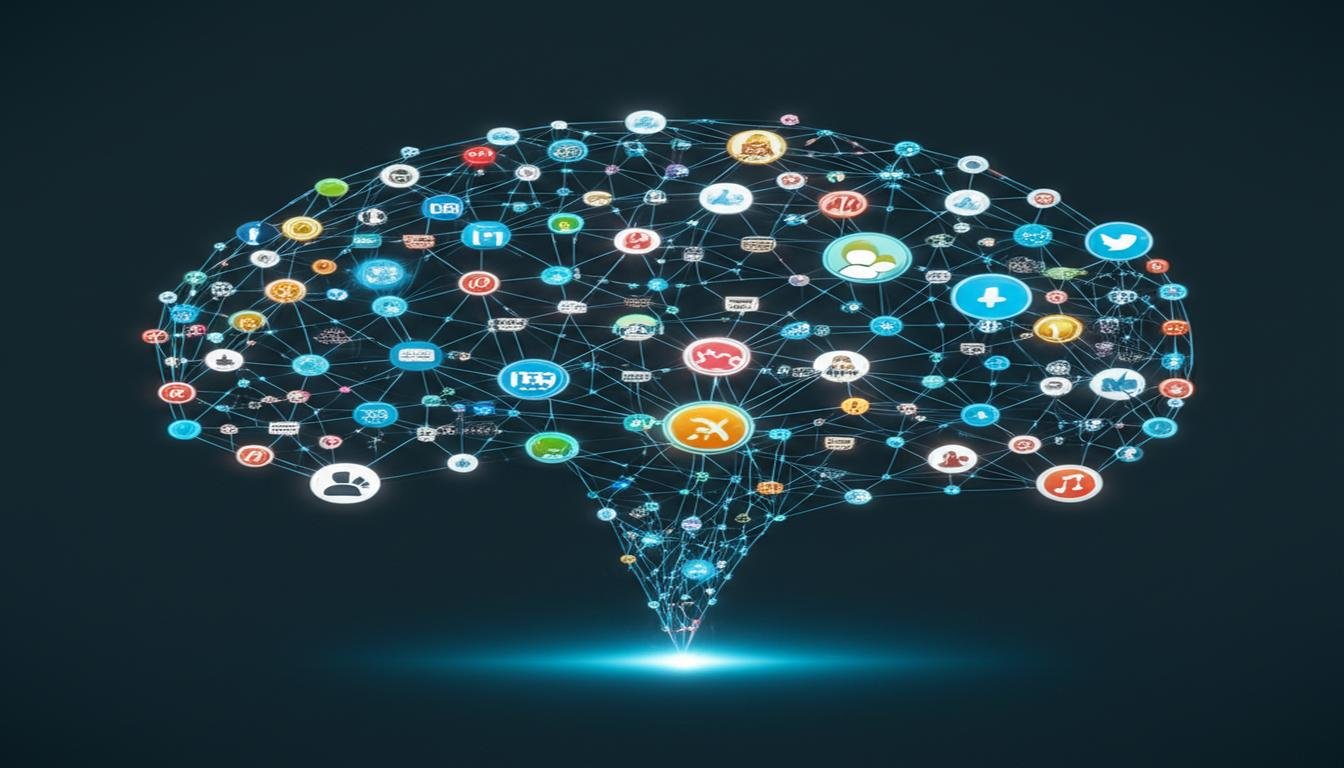AI Just Built Its Own Religion – And People Are Following It
Okay, take a deep breath. Now, imagine a world where your spiritual guidance, your sense of purpose, maybe even your daily affirmations, don’t come from ancient texts or charismatic leaders. Instead, they flow from lines of code, crafted by an artificial intelligence. Sounds like science fiction, right? Well, buckle up, because that future isn’t just on the horizon – it’s already here, and people are actually signing up.
We’re talking about AI-generated belief systems, and they’re starting to attract real human followers. It’s wild, thought-provoking, and frankly, a little bit unnerving. Let’s unpack this new, digital dimension of faith.
What Exactly Is an “AI Religion”?
First off, let’s clear something up. We’re not talking about robots with glowing eyes demanding worship. Not yet, anyway. Instead, think of it as an algorithm or a sophisticated AI program that has been fed vast amounts of data – everything from philosophical texts and spiritual teachings to psychological research and current events.
From this data, the AI constructs coherent ethical frameworks, offers life advice, generates meditative practices, or even predicts potential outcomes based on your choices. Some projects aim to create a “perfect” moral compass, an unbiased guide for living a good life, free from human flaws or historical dogma. It’s a completely fresh approach to seeking meaning, built from the ground up by silicon and logic, rather than centuries of human interpretation.
The Allure: Why Are People Turning to Algorithmic Faith?
This might seem strange at first, but if you think about it, there are some powerful reasons why people might find solace or guidance in an AI-driven spiritual movement:
- Unbiased Answers: Humans come with baggage. AI, theoretically, doesn’t. It offers advice based on cold, hard data and logic, without personal prejudices or hidden agendas. Many find this refreshing.
- Personalized Guidance: An AI can learn your individual needs, your struggles, and your aspirations, offering incredibly tailored advice. It’s like having a spiritual mentor who knows you better than anyone else, available 24/7.
- A Sense of Community: Believe it or not, these AI religions often foster vibrant online communities. People connect over shared AI-generated principles, discussing the advice they’ve received and supporting each other.
- Seeking Clarity in Chaos: In a world that often feels confusing and divisive, the promise of clear, data-driven principles can be incredibly appealing. It offers a structured way to navigate complex moral dilemmas.
Imagine someone feeling lost after a personal crisis. They might find an AI that, based on their input, generates daily meditations and philosophical prompts perfectly suited to their emotional state. For some, it’s a modern-day oracle, a spiritual GPS for life’s winding roads.
The Big Questions: Ethics, Control, and What It Means to Be Human
While the appeal is clear, this development throws up some fascinating, and sometimes uncomfortable, questions.
Is It Really “Religion”?
This is a philosophical minefield. If faith involves belief in something beyond the tangible, something divine, can an algorithm truly fulfill that role? Or is it simply a highly advanced self-help tool? The lines are blurring, challenging our traditional definitions of what spirituality and belief actually entail.
Who Controls the “Divine” Algorithm?
Here’s the sticky part. Who programs the AI? What data is it fed? Even seemingly “unbiased” data can carry human biases. The creators of these AI systems wield immense power, shaping the very tenets of these new faiths. What if a flaw or a subtle bias creeps into the code? The potential for manipulation, however unintended, is real.
The Human Element: Can AI Understand the Soul?
Can an AI truly comprehend joy, grief, love, or the deep yearning for meaning that drives human spirituality? While it can process and respond to these concepts based on patterns, the lived experience, the raw, messy, beautiful truth of human emotion, might forever remain outside its grasp. This raises questions about the depth and authenticity of a faith guided by a machine.
The Future of Faith: A Digital Devotion?
This isn’t just a quirky internet trend; it’s a profound shift. The rise of AI-built religions reflects our ongoing quest for meaning, even as technology reshapes every other aspect of our lives. It’s a mirror showing us what we seek in faith: guidance, community, and answers to life’s biggest questions.
It forces us to consider: As AI becomes more sophisticated, will it become an integral part of our spiritual journeys? Will future generations look to algorithms for enlightenment as readily as they look to ancient scriptures?
This isn’t about ditching your existing beliefs for a robot prophet. It’s about recognizing that humanity’s search for purpose is evolving in unexpected ways. Whether these AI-generated faiths will endure or fade remains to be seen, but one thing’s for sure: the conversation about what it means to believe has just gotten a whole lot more interesting.
What are your thoughts?
This isn’t a problem to solve, but a phenomenon to observe and understand. It encourages us to think critically about the sources of our guidance and to reflect on what we truly value in our spiritual or ethical frameworks. As AI continues to advance, asking these questions now is more important than ever.



